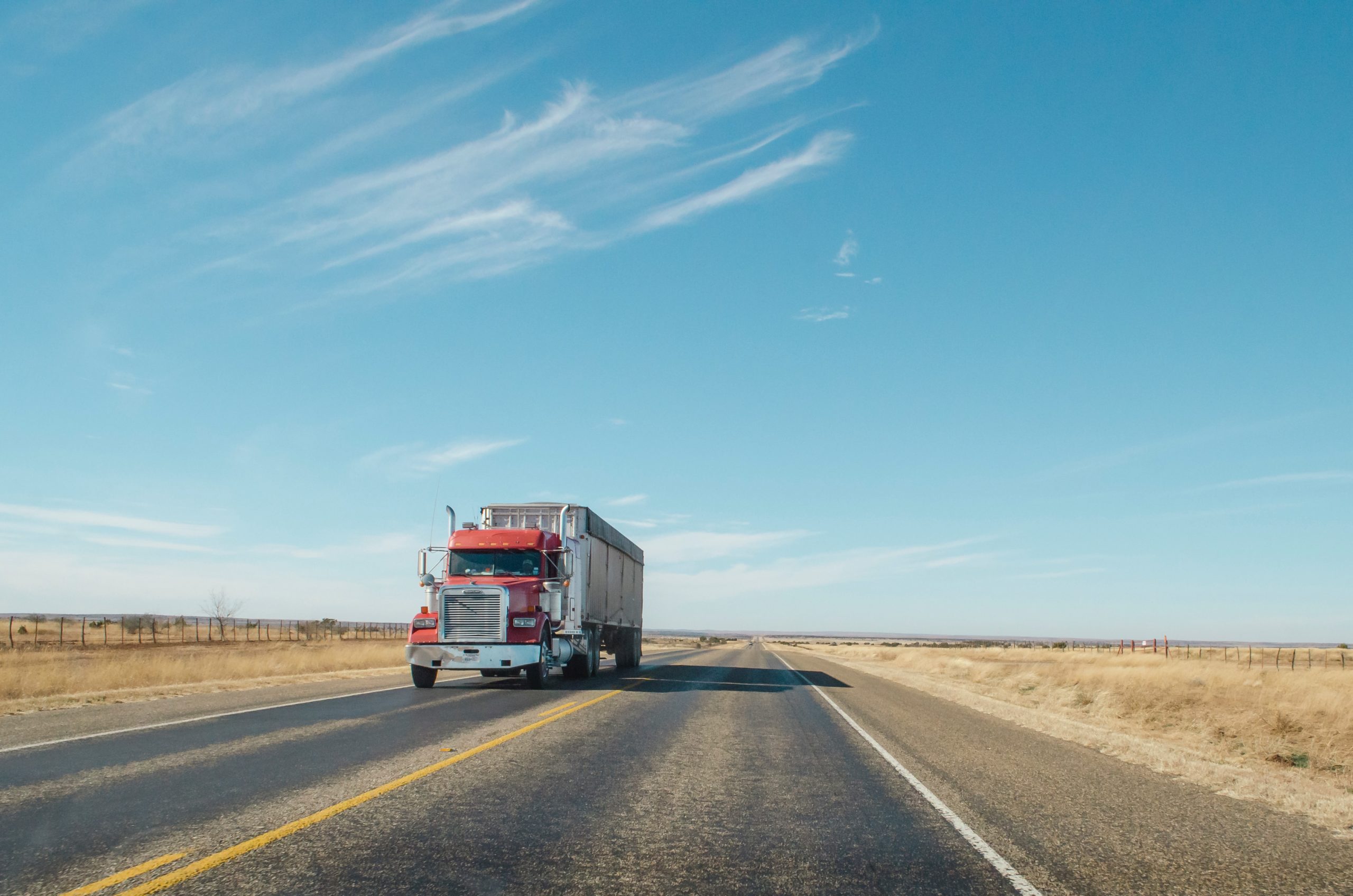The American Transportation Research Institute Board of Directors has approved the 2020 Top Research Priorities as identified by ATRI’s Research Advisory Committee.
The committee selected research topics that examine workforce, infrastructure, legal, and operational issues, which align with multiple top concerns identified in ATRI’s annual Top Industry Issues Survey.
The 2020 ATRI top research priorities are:
- Impact of Small Settlements on the Trucking Industry – as a follow-on to ATRI’s work on nuclear verdicts, this study will focus on those legal settlements of less than $1 million, including their frequency, fleet responses, and the consideration of verdicts versus settlements.
- Rethinking Mileage-Based Safety Metrics – given the growth in E-commerce and other changing industry trends that have changed fleet business models, trip lengths and route locations, this research will examine the potential new metrics for evaluating safety performance beyond traditional rates per million vehicle miles traveled.
- Owner-Operators/Independent Contractors in the Supply Chain – Owner-Operators and Independent Contractors play a critical role in the supply chain yet there have been legislative and policy actions at the state-level to dramatically change the independent contractor model. This research would assess the role of O/O and ICs including the type and extent of use, and financial and operational differences to better inform policy decisions.
- Cost-Benefit Analysis of Vehicle Miles Traveled Taxes – ATRI’s earlier highway funding analyses identified barriers to implementing a Vehicle Miles Traveled tax. For this research, ATRI would coalesce and examine multiple data sets associated with VMT tax deployment including implementation and enforcement costs, potential evasion, and the challenges of implementing at the state and local levels.
- Impacts of Rising Insurance Costs on Industry Operational Costs – ATRI’s annual Operational Costs of Trucking research has documented continual increases in the industry’s insurance costs; up 12 percent from 2017-2018. This research would dissect fleet resources and business decision-making processes to better understand what fleets are doing to cover these cost increases, from reprioritizing technology investments to cannibalizing other cost centers, such as safety.
Source: ATRI








